Climate change has brought with it an increase in extreme weather events such as storms. These events can have a devastating impact on soil health, leading to erosion, nutrient loss, and reduced crop productivity. However, there is a solution: increasing the organic matter content of soil can help protect against the impacts of extreme storms.
Organic matter, including compost and vermicast, is a vital component of soil health, playing a key role in nutrient cycling, water retention, and soil structure. When soils have a high organic matter content, they are better able to absorb and retain moisture, reducing the risk of soil erosion and runoff during heavy rainfall. Additionally, organic matter can help increase soil aggregation, making the soil more resistant to compaction and erosion during drought conditions (More in this in Part 2, soon).
In the case of extreme storms, soils with a high organic matter content are better able to absorb and retain water, reducing the risk of flooding and soil erosion. This is because the organic matter acts like a sponge, absorbing water and releasing it slowly over time. In contrast, soils with low organic matter content are more likely to become waterlogged during heavy rainfall, leading to soil erosion and nutrient loss.
So how can you increase the organic matter content of your soil? The absolute best method of achieving this is to use vermicast, compost and other organic amendments to improve soil health.
Vermicast, which is the nutrient-rich by-product of vermicomposting, can be applied to soil to boost organic matter levels and greatly improve biodiversity in the soil and increase the availability of nutrients in the soil to plants.
Composting organic waste and applying it to soil can help build organic matter levels over time.
Additionally, planting cover crops can help increase the amount of organic matter in soil, as well as provide other benefits such as reducing erosion and improving soil structure.
Whether you're a farmer, gardener, or homeowner, there are many ways to incorporate organic matter into your soil.
In Part 2 of this post, we will go through how to protect your soil from the other massive impact from climate change: Drought (spoiler alert - it is very similar). In the meantime, check out some of our other posts, or contact us if you're interested in how we can work together to improve Waikato soil and mitigate the risks of climate change.



